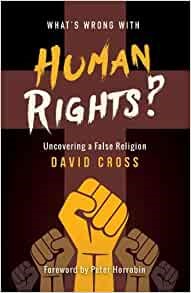I was struck by a conversation with an acquaintance recently. She had lost her father some years before and was seeking to support her mother. She struggled with mental health issues too. Not unusual but challenging.
I suggested that she spend some time with goods friends who would simply be alongside. Her response was immediate, that she preferred to sort out life alone.
One huge weakness in western culture is individualism. We try living alone. The consequences in our broken society are all too obvious.
No person is meant to be alone.
In creation, God created man AND woman. “It is not good for the man to be alone,” He said. Humans are designed for community. And that is true whether or not someone has faith in God. In fact, in the world of business I am seeing more evidence of community support, either face-to-face or online.
Another friend, part of our Church small group, faced a work trial. He put a simple request on our WhatsApp group. Immediately he received words of encouragement and support, with promises to pray.
At the start of the Church, in Acts 2.42, we read that the early Christians devoted themselves to fellowship. Indeed, they would not have learned the apostles’ doctrine, nor prayed, nor broke bread, unless they were together. We might say that, of the four elements of their corporate life, fellowship was the one which was essential to the other three.
